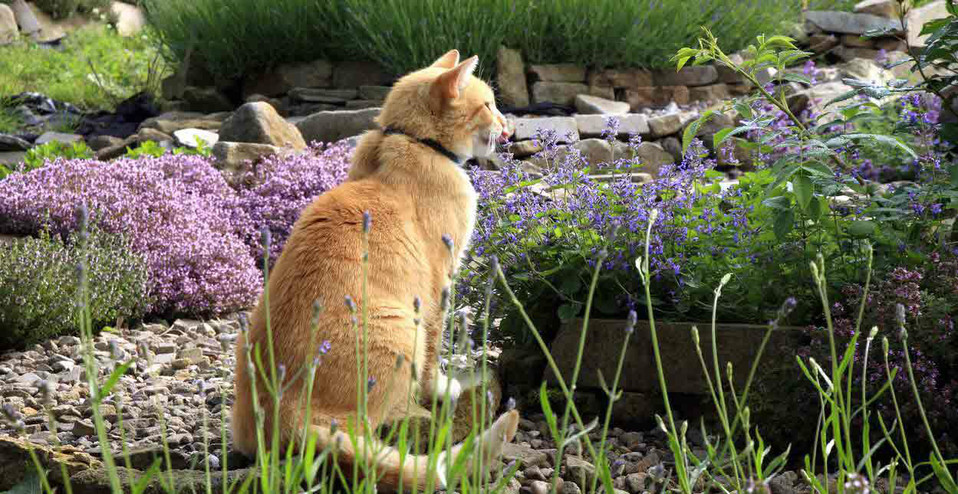Protect your pets from poisonous plants
20 Dec 2017
Getting the garden ready for Christmas/New Year is often on the ‘to do’ list at this time of year. But before people start disturbing existing plants or introducing new ones to their garden, the Australian Veterinary Association (AVA) is urging pet owners to be cautious of plants that are toxic to animals.
AVA President Dr. Paula Parker said: “Cycads or ‘Sago palms have become quite popular. They are hardy, suitable for the less successful gardeners out there, and can seem like a good idea. However, they are extremely toxic to our pets. In fact, all parts of the Cycad plant including the seeds, roots, and leaves are toxic to animals.”
The toxins in Cycads are quick and deadly and they wreak havoc on the liver.
“Recently, I saw three dogs from the same family poisoned by Cycad plants. They had moved to a new property and were removing plants from the backyard. In the process, the Cycad plants were disturbed, and the dogs started playing with the roots.
“Their owners brought them into the veterinary clinic later that afternoon when they started to vomit. Even after just a few short hours, we could detect signs of liver damage.
“Cycad toxicity is highly fatal. Thankfully, with intensive treatment, two of the dogs pulled through. Unfortunately, the most mischievous of their clan didn’t make it. Despite all of our efforts, over the next 12 hours his liver went into failure before our eyes,” Dr. Parker said.
Cycad toxicity is quick, devastating and deadly. It is extremely important that pet owners do not have Cycad plants in their pet’s environment and if they do, owners must ensure that all parts of the plant are removed and the area is cleaned.
Some other plants that are known to be toxic to animals include:
- holly
- mistletoe
- tulips
- oleander
- amaryllis
- kalanchoe
- yew
- English ivy
If pet owners are concerned that their pet may have ingested Cycad plants or any other toxic plants, it is essential they contact their veterinarian immediately.
For further information and requests for interviews contact the AVA media office on 0439 628 898 or media@ava.com.au.
The Australian Veterinary Association (AVA) is the only national association representing veterinarians in Australia. Founded in 1921, the AVA today represents 9000 members working in all areas of animal science, health, and welfare.
